This new training course on the Regulation and Integration of Renewable Energy provides a comprehensive introduction to the topic with the latest updates, including developments in policy and regulation in the renewables industry and research.
The objective of this course is to carefully examine the current and future role of renewable energy as a fundamental element of a sustainable, competitive, and secure power industry, as well as the regulatory mechanisms needed to integrate RES in a liberalised electricity system.
The course will answer to the following questions:
What are the contracts-for-difference (CfDs)
The role and design of Contracts for Difference for a future-proof Electricity Market Design
Are contracts-for-differences here to stay?
Renewable energy sources are changing the paradigms of energy policy, regulation and market design. By now, all electricity-related initiatives, including supply, transmission, delivery and consumption, are directly or indirectly influenced by the expansion and integration of renewable energy.
As a result, market actors have to adapt their commercial strategies to new market conditions, system operators have to engage in a new collaboration, integration and balancing tasks, and policy makers and regulators must consider new support schemes, financial incentivisation and regulation activities in the path towards a carbon-neutral energy system. For this reason, every energy industry professional is now directly or indirectly involved with regulating and integrating renewable energy.
Based on praxis-driven lectures and through interactive discussion with renowned specialists and active group work, the course seeks to contrast current and future regulatory actions needed for the steady development and integration of renewable energy and their implications for the electricity markets and networks, underlying the importance of stronger coordination and cooperation between the various actors involved with the final aim of maximising the benefits of renewable energy deployment.
This training course takes its starting point in the EU, and its Member States, but its focus is not limited to the Old Continent: case studies from America, Africa and Asia will be presented, too.
After completing this course, you’ll be able to:
You’ll get a hands-on learning experience with:
The training is developed for:
No formal background on energy regulation is required. An educational background in engineering, economics or law is strongly recommended. The training is in English.
Each year, the Florence School of Regulation – Energy and Climate (FSR Energy & Climate) awards scholarships for a wide variety of training courses targeting a broad audience of professionals and academics.
Applications will be assessed by a Selection Committee of FSR members on a yearly basis. The successful candidates will be informed after February 2026 and will be provided with all relevant information on how to enroll in the online course or residential training of their choice.
Send your application by 25 January 2026.
Fees
Discounts
A 10% discount is available for groups of 5 or more participants from the same organisation. Please note that this discount cannot be combined with student discounts or donor free seat offers.
Cancellation Policy
Paid registration fee is non-refundable. However, registrant substitution may be made up to 20 days before the course’s start date.
For more information, please read the full FSR cancellation policy.
FAQs Invoicing and Payment Process
For further information, please contact fsr.conferences@eui.eu
Please arrange your travel and accommodation as soon as possible as Florence is very popular in this period.
The fee covers participation in the training, coffee breaks, lunches, and any meals or social activities outlined in the event programme. Travel and accommodation costs are not included.
This is a fully residential training course, and classes will be held in Florence on 29 September – 1 October 2025.
By submitting your application, you are committing to pay the corresponding fee.
Event venue
Sala Europa
Villa Schifanoia
Via Giovanni Boccaccio, 121
50133 Firenze (FI)
How to reach the venue
Information to reach the venue available at this link.
For further information, please contact fsr.conferences@eui.eu
FSR’s training on the Regulation and Integration of Renewable Energy will provide a comprehensive and detailed view of the European regulatory framework for the integration and development of renewable energy from top European experts.
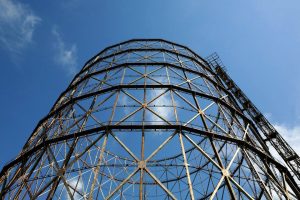
The implementation of the EU Gas Network Codes (NC) requires an important effort from many participants of the market and sound competence and specialised resources. Join us to gain comprehensive knowledge about…
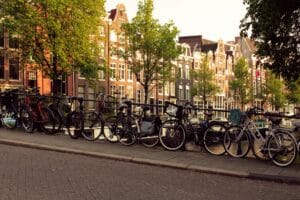
The training will focus on five areas where cities can be particularly impactful: the uptake of renewable energy, improving the energy efficiency of the building stock, digitalisation and smart grids,…

For its first edition, the Specialised course on Electricity Markets will focus on the state of EU electricity market design, and engage participants in a deep-dive discussion around the role…
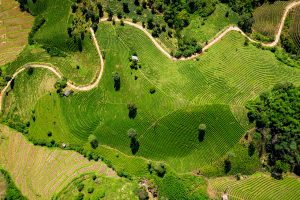
All you need to know about the power sector and power systems around the world Power system regulation is never at a rest, and this is particularly true for the…

The European Union (EU) and other major jurisdictions around the world have committed to achieve net-zero greenhouse gas emissions by 2050 or in the immediately following decades. The ‘Getting to Net…

Ensuring a Sustainable and Competitive Future for EU Agriculture The reform of the Common Agricultural Policy (CAP) for 2028–2034 comes at a moment of significant transition for European agriculture and…
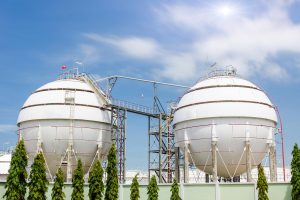
From Geopolitics to Trading: Navigate Global Gas Markets with the Experts Building on the success of our online training, Specialised Training on the Regulation of Gas Markets, we are excited…
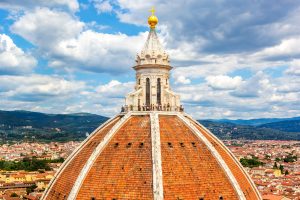
Learn the fundamental regulatory principles of the electricity and gas sectors through hands-on, real case activities and examples with instructors from national regulatory authorities from Europe and North America, the…

Participate in the most pressing debates on the regulation of transport in the European Union through hands-on activities based on real cases and examples presented by academics, regulatory authorities and…
To meet, discuss and learn in the channel that suits you best.